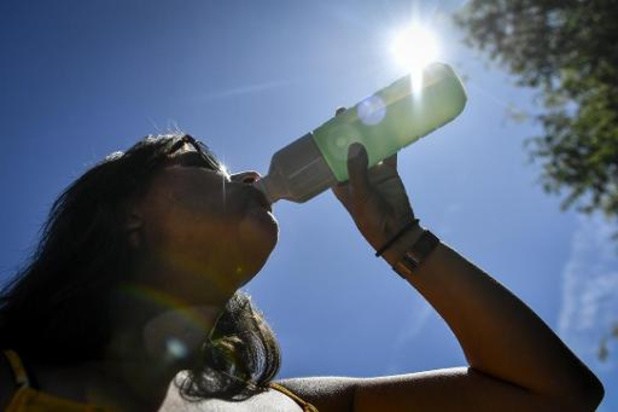By 2100, the average temperature in our country could rise by 5 degrees Celsius if no action is taken to reduce global greenhouse gas emissions, the Royal Meteorological Institute reports.
In that scenario, extreme weather phenomena would also increase, such as more and more intense heat waves, more days of heavy rainfall and more droughts.
In its report, the RMI proposes various scenarios for the future, but it does take into account the most pessimistic, as it made clear in yesterday's presentation in Brussels.
"Global greenhouse gas emissions today are closest to the most pessimistic scenario,” explained climate scientist Alex Dewalque. Only if greenhouse gas concentrations would fall by 2100 would warming remain limited to 0.7 degrees Celsius.
Related News
- Antarctic Peninsula experiences its hottest year in three decades
- Climate change in Belgium threatens beer and fries, says report
Climate change has also been seen in Belgium in recent years. Between the middle of the 19th century and the last three decades, an average warming of 1.9 degrees Celsius was observed at national level, and even 2.1 degrees in Uccle (a commune in Brussels and the location of the RMI).
Since 2015, there has been at least one heat wave per year. They also last longer (+2 days per decade) and are more intense (+1 degree/day per decade).
In terms of precipitation, the RMI noted a country-wide increase of 15% on average between the mid-nineteenth century and the last three decades. For Uccle, there was an increase of 9%.
"The Climate Report is important so that we can adapt and take measures," explained Rozemien De Troch of the RMI.
De Troch also advocated the creation of a Climate Centre, which would centralise climate expertise and put it at the service of actors in society.
The Brussels Times

